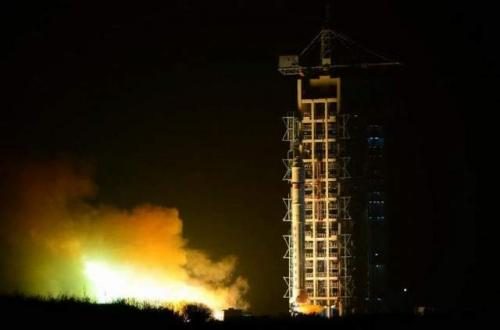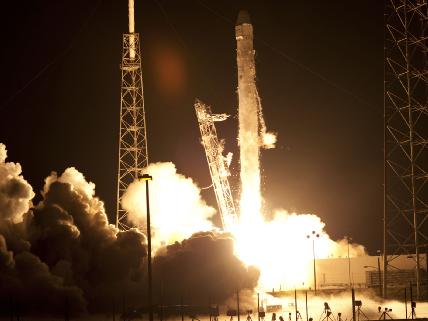Recent analysis

Report
Jun 20, 2025
A guide to national security space trends in the GCC
By
AzurX and Graham Brookie
AzurX provides a comprehensive picture of the innovative strategies, ambitious missions, and inspiring visions propelling GCC nation space programs to new heights.

New Atlanticist
May 30, 2025
NASA needs a twenty-first-century approach to space exploration
By
Dan Hart, Emily Sespico
The US space program must forge a future in which intelligent machines and humans work together seamlessly and the strengths of each are maximized.

New Atlanticist
Mar 25, 2025
Starlink’s India launch is a crash course on New Delhi’s approach to tech sovereignty
By
Trisha Ray
A recently announced partnership to deploy the Elon Musk-led company’s satellite internet in India offers a window into New Delhi’s “hybrid” approach.
Programs

The Atlantic Council Technology Programs comprises five existing efforts—the Digital Forensic Research Lab (DFRLab), the GeoTech Center, the Cyber Statecraft Initiative, the Democracy + Tech Initiative, and the Capacity Building Initiative. These operations work together to address the geopolitical implications of technology and provide policymakers and global stakeholders necessary research, insights, and convenings to address challenges around global technology and ensure its responsible advancement.

Forward Defense leads the Atlantic Council’s US and global defense programming, developing actionable recommendations for the United States and its allies and partners to compete, innovate, and navigate the rapidly evolving character of warfare. Through its work on US defense policy and force design, the military applications of advanced technology, space security, strategic deterrence, and defense industrial revitalization, it informs the strategies, policies, and capabilities that the United States will need to deter, and, if necessary, prevail in major-power conflict.









